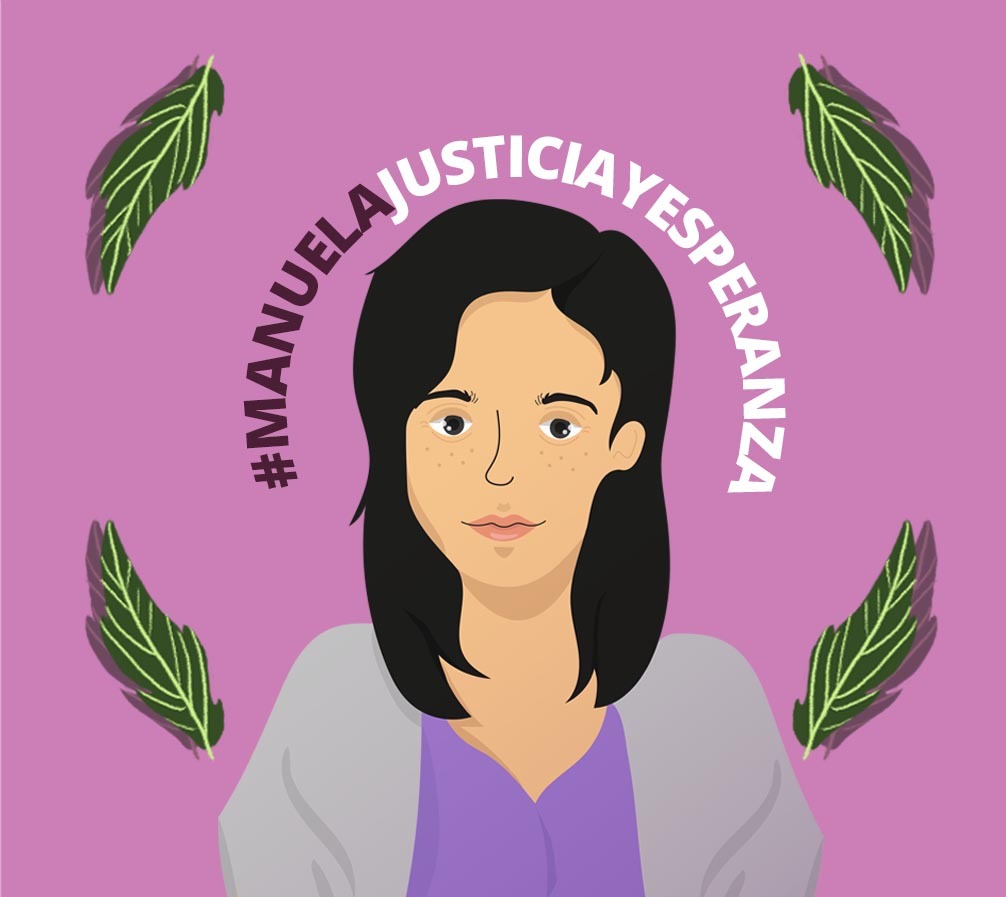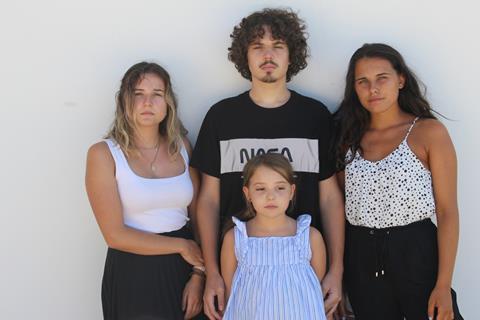The Feminist Alliance for Rights (FAR), Center for Women’s Global Leadership (CWGL), International Women’s Rights Action Watch – Asia Pacific (IWRAW-AP), and Women’s Legal Centre (WLC) submitted an amicus this past March in Manuela v. El Salvador, a case concerning the criminalization of an obstetric emergency pending before the Inter-American Court of Human Rights. The secretariat of ESCR-Net assisted in coordinating the amicus and contributing to research, drafting and translating.
Manuela was a young impoverished rural woman and single mother in El Salvador who was unable to read. When she sought emergency care for a miscarriage, hospital staff reported her to criminal justice authorities on suspicion of the crime of abortion, which is subject to a blanket ban in El Salvador, among the most restrictive of reproductive health and rights in the world. Manuela’s resulting denial of adequate healthcare and her subjection to criminal investigation and prosecution led to her prolonged detention, where she ultimately died from a belatedly diagnosed cancer.
The amicus details how El Salvador’s effective criminalization of obstetric emergencies—operating through the State’s blanket criminal ban on abortion and its homicide law—constitutes an intersectional form of gender discrimination. This was evident in the States’ violations against Manuela, which entailed discrimination along multiple intersecting fundamental characteristics that rendered her at higher risk of being denied her human rights.

